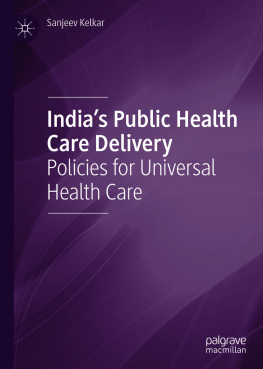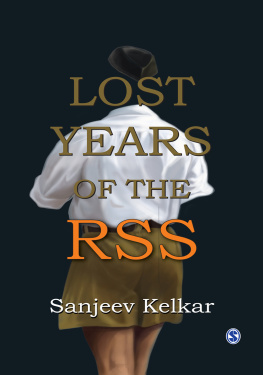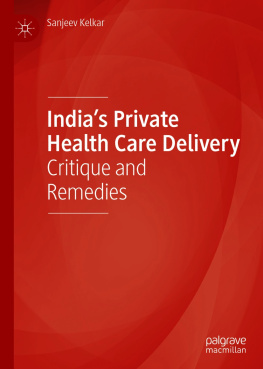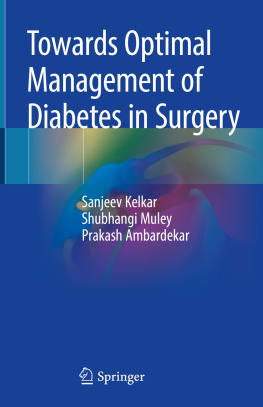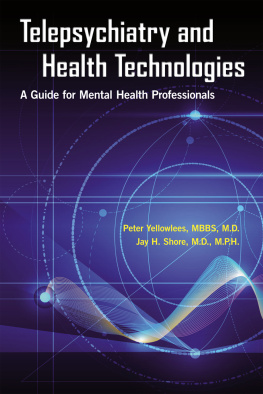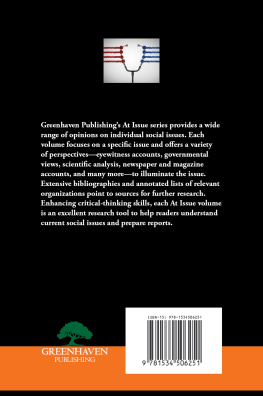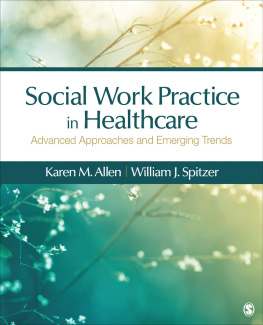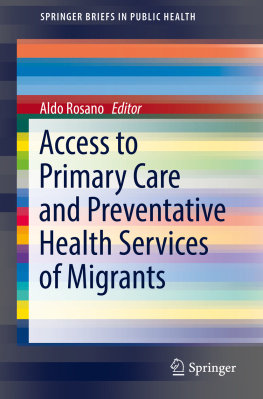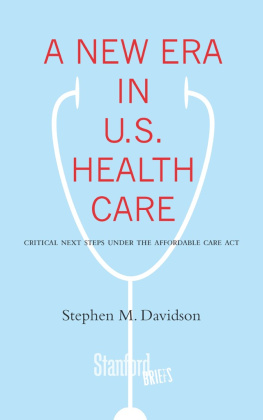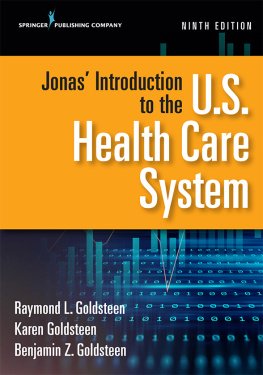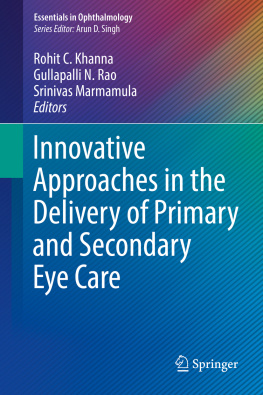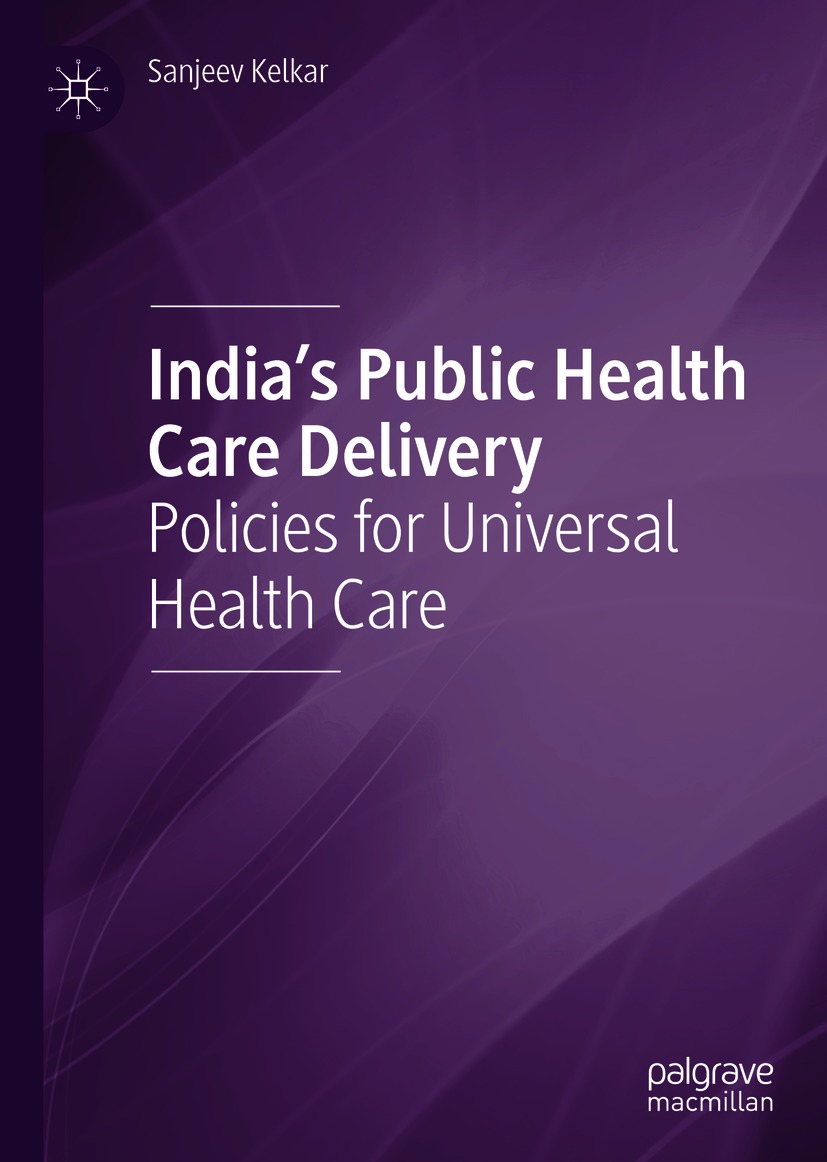Sanjeev Kelkar
Pune, Maharashtra, India
ISBN 978-981-33-4179-1 e-ISBN 978-981-33-4180-7
https://doi.org/10.1007/978-981-33-4180-7
The Editor(s) (if applicable) and The Author(s), under exclusive license to Springer Nature Singapore Pte Ltd. 2021
This work is subject to copyright. All rights are solely and exclusively licensed by the Publisher, whether the whole or part of the material is concerned, specifically the rights of translation, reprinting, reuse of illustrations, recitation, broadcasting, reproduction on microfilms or in any other physical way, and transmission or information storage and retrieval, electronic adaptation, computer software, or by similar or dissimilar methodology now known or hereafter developed.
The use of general descriptive names, registered names, trademarks, service marks, etc. in this publication does not imply, even in the absence of a specific statement, that such names are exempt from the relevant protective laws and regulations and therefore free for general use.
The publisher, the authors and the editors are safe to assume that the advice and information in this book are believed to be true and accurate at the date of publication. Neither the publisher nor the authors or the editors give a warranty, expressed or implied, with respect to the material contained herein or for any errors or omissions that may have been made. The publisher remains neutral with regard to jurisdictional claims in published maps and institutional affiliations.
This Palgrave Macmillan imprint is published by the registered company Springer Nature Singapore Pte Ltd.
The registered company address is: 152 Beach Road, #21-01/04 Gateway East, Singapore 189721, Singapore
The five criteria to deliver health care are accessibility, affordability, quality, equity and justice. Any health infrastructure or policies not able to deliver these will have to be ruthlessly scrutinized, reoriented or discarded and new workable ones described in this volume added.
Acknowledgements
Conventionally, this section acknowledges those who helped shape a book. In this case it is not just that but a mention of a lifelong gratitude to all those who shaped me and my thinking to make this work possible. I entered medicine with great reluctance and had quite a bit of trouble over sciences. People I got connected with in medicine made me a man and a medico. My professors, the unparalleled teachers and human beings, were the first to lay down my fundamentals in clinical medicine, surgery and neurology.
In postgraduate years, Late Prof V. S. Ajgaonkar was my first teacher. He was a great humanist. As I approached the last phase of my postgraduate years, Prof V. R. Joshi took me under his wings for all the final refinement I could absorb. He is a noble man. He encouraged me in those remote 1980s to go to tribal areas after my MD.
Late Mr B. G. Vasanth, an automobile engineer, and Mr B. S. Seshadri, an income tax officer, stood support of me and my wife rocklike in the most difficult and yet enviable years of our life in the tribal areas in South India for over ten years. Those years taught me to go for solutions for the various difficulties we had, and anyone who works in rural areas in delivering health care has. We did it by experimenting with many different models that could solve rural Indias health problems. One of the few persons who appreciated our work then was Prof R. D. Bapat, KEM Hospital Mumbai.
When I came back with my wife and two children to urban settings in early 1990s, it was Late Dr Manohar Salpekar, Late Dr G. M. Taori with Late Dr P. S. Bidwai, who helped, taught and settled us to a stable life in CIIMS, a tertiary care hospital in Nagpur. Coming from the ten-year rural stint, my rehabilitation and development in high-complex medicine was done by my colleagues in CIIMS.
The contacts, which accelerated my growth in the technology of education and to experiment with it in India, were from the University of Newcastle, New South Wales, Australia. Drs Jean McPherson, Judith Scott, Kerry Bowen, John Marley, ex-vice chancellor, Richard Gibson and Kathy Byrne. Nearly 80 highly qualified Indian doctors from AIIMS and other prestigious institutes like CMC Vellore and a few non-doctors who worked with me to carry out these experiments I mention with gratitude. Their contribution will get reflected in the chapter Medical Education and the Problem-Based Learning. Cotntributions of Mrs Anandhi Sigh and Mr MV Prasad for the success of Newcastl university program is greatly appreciated.
Diabetic Foot Society of India, DFSI, was formed with the fortunate association of many stalwarts like Drs Arun Bal, Sanjay Sane from Pune, K. R. Suresh from Bengaluru, Ashok Kumar Das, dean Pondicherry and advisor non-communicable diseases, GOI. Thousands of doctors were trained by DFSI, which created a revolution in diabetic foot. For the supportive role I played, it was not just huge learning but my identity has got associated with it now.
My days spent in the headquarters of CARE Hospitals Hyderabad with Dr N. Krishna Reddy led to a completely novel and successful development of outpatient insurance.
Since the time I went to tribal areas for work and after marrying Sanjeevanee. I have had the pleasure to be associated with many activist medicos. Many of them wrote daringly on various issues. The activists of Medico Friends Circle, Voluntary Health Association of India, New Delhi, Community Health Centre in Bangalore, All India Drug Action Network, PPST from Kerala, Dr Abaji Thatte, Drs Sujit Dhar, Dhanakar Thakur, from National Medicos Organization, Bhaskar Kalambi from Vanavasi Kalyan Ashram, Mumbai, Catholic Hospital Association of India are people from whom I have imbibed a lot about health issues. It was a strange mix of people fired by different ideologies, ready to suffer for the cause of health. The richness you get from such associations is for you alone to understand.
Dr Kayathri Perisamy, Colombo, was of great help in contacting Sri Lankan health policymakers. The discussions helped bolster my thesis. I am thankful to my friend Dr Jayeeta Bhattacharya for bringing me in contact with Palgrave Macmillan and its perceptive editor Ms Sandeep Kaur, who went through the MSS carefully and made many valuable suggestions. I am grateful to Ms Sandeep for that. Lastly, it is my surgeon wife Sanjeevanee who brought to me such insights in medicine as I had never imagined. She stood against all odds in our somewhat hazardous life in tribal rural areas, reared our children and participated in all our adventures daringly. I am eternally grateful to her.
In all these years I learnt to guard myself from taking a dogmatic position, not to express with an air of finality and force any idea or a remedy as wonderful, but deal with it as an evolution of understanding at that time. I kept myself free from getting bound by an ideology or an ism. This allowed me to accept the good works, remedies and opinions and contributions of those, without agreeing with many other things such people might be doing. Hostility towards other ideas or ideologies is a form of ghetto that prevents synthesis of commonalities and valid comparisons of different actions and viewpoints. In addition to this, my widespread and continuing interest in the humanities fostered by my father gave me a much wider view than I may have had otherwise.

